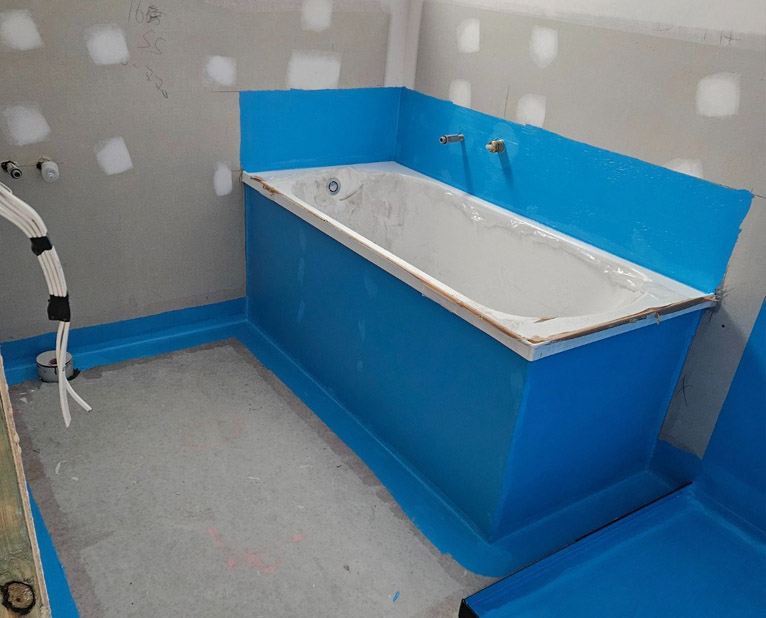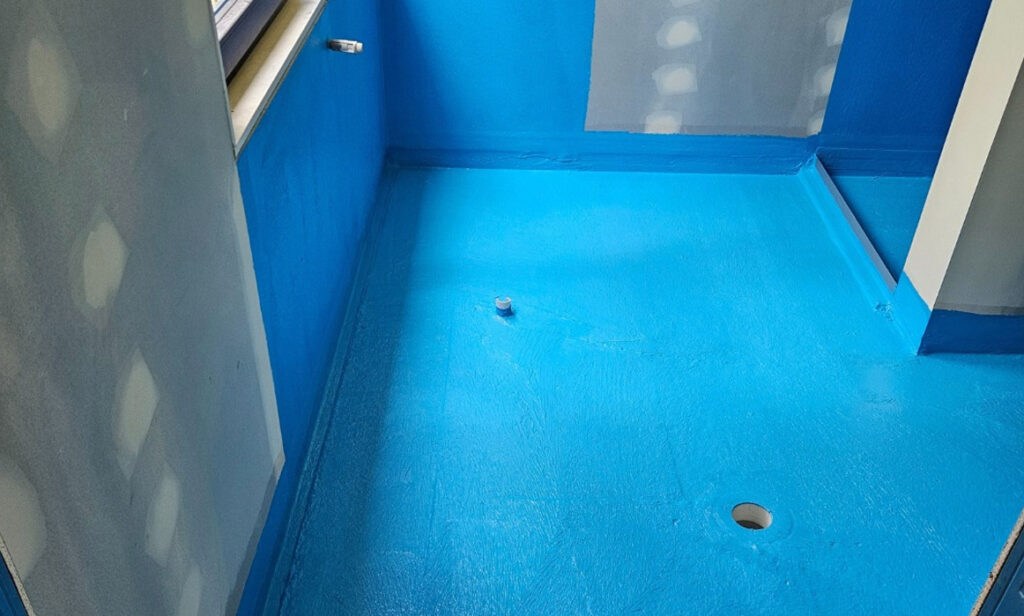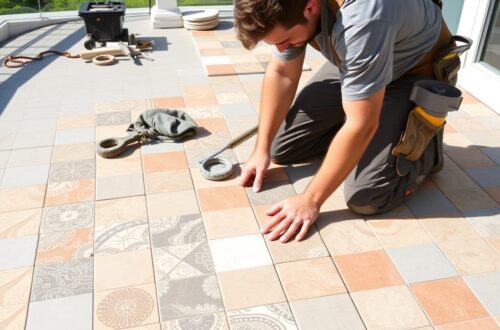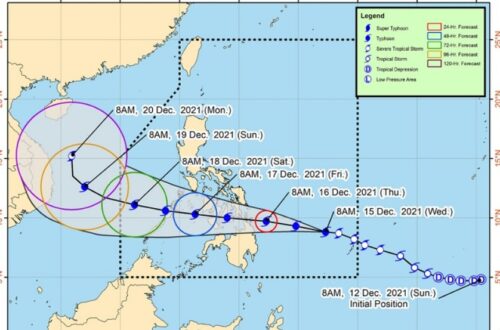Waterproofing isn’t just a trade—it’s a compliance-critical part of every construction project in Queensland. In Brisbane’s humid climate, where high-end homes and commercial builds demand precision, waterproofing professionals must strictly adhere to both the National Construction Code (NCC) and Queensland Building and Construction Commission (QBCC) regulations.
Here’s how Brisbane’s leading waterproofers make sure every shower base, niche, recess, and vanity zone is fully compliant and built to last.
Understanding NCC & QBCC Waterproofing Standards
NCC 2022 – Part 10.2 Wet Area Waterproofing
The National Construction Code outlines the minimum waterproofing requirements for residential and commercial projects across Australia. Key provisions include:
- Waterproofing Systems (10.2.6): Only certified and tested systems may be used.
- Floor Falls (10.2.12): Shower floors must have compliant gradients to ensure proper drainage.
- Shower Area Requirements (10.2.14–10.2.18): Covering enclosed and open showers, hob construction, and level entry installations.
QBCC Licensing & Compliance
In Queensland, the QBCC regulates waterproofing work to ensure safety and performance. Requirements include:
- Licensed Applicators: Only licensed waterproofers can legally perform waterproofing work.
- Defined Scope of Work: Including surface preparation, membrane installation, and moisture barrier systems.
- Compliance Documentation: All waterproofing must be documented and available for inspection.
How Brisbane Waterproofing Experts Stay Fully Compliant
1. Choosing the Right System for Site Conditions
Professional waterproofers select materials based on:
- Substrate type (e.g., concrete or fibre cement)
- Shower configuration (hobbed, hobless, or level entry)
- Client preferences, durability needs, and budget
2. Using Certified, Tested Products
All materials must comply with:
- AS 3740– Internal Wet Area Waterproofing Standards
- Manufacturer installation instructions
- QBCC-approved systems such as Ardex, Gripset, or Davco
3. Precision Detailing in High-Risk Zones
Expert attention is given to:
- Shower niches and recesses
- Drain flanges and outlets
- Vanity areas and wall penetrations
These zones are reinforced with bond breakers, corner fabric, and double-layered membranes to ensure long-term performance and prevent leaks.
4. Documented Workmanship for Inspection
Every compliant waterproofing project includes:
- Step-by-step photo documentation
- Product datasheets and batch details
- A completed Waterproofing Compliance Certificate for QBCC inspection and handover
5. Adapting to Brisbane’s Diverse Suburbs
Waterproofing systems are tailored for local conditions:
- Premium suburbs (e.g., Ascot, Paddington): Designer finishes, tiled niches, and sleek linear drains
- Coastal areas (e.g., Redcliffe, Wynnum): Extra moisture barriers and salt-resistant membranes
Why Compliance Matters for Builders & Homeowners
- Avoid Expensive Repairs: Non-compliant waterproofing can lead to leaks, mould, and costly structural issues.
- Ensure Smooth Inspections: QBCC inspectors require detailed, verifiable documentation.
- Protect Property Value: Proper waterproofing safeguards your investment and prevents insurance complications.
The Final Word
Brisbane’s best waterproofers don’t just apply membranes—they engineer compliance. By aligning every project with NCC and QBCC standards, they deliver watertight, high-performance results that endure Queensland’s climate and pass inspection every time.





